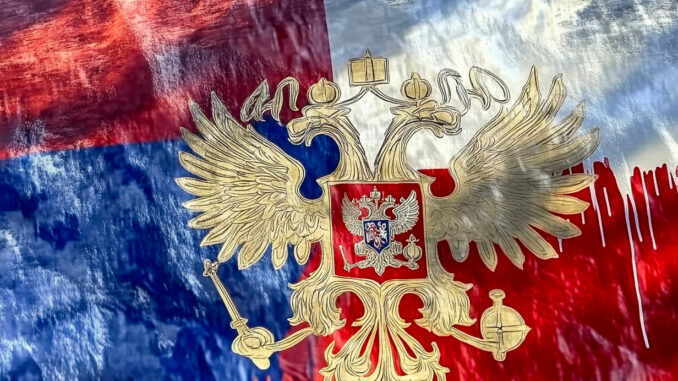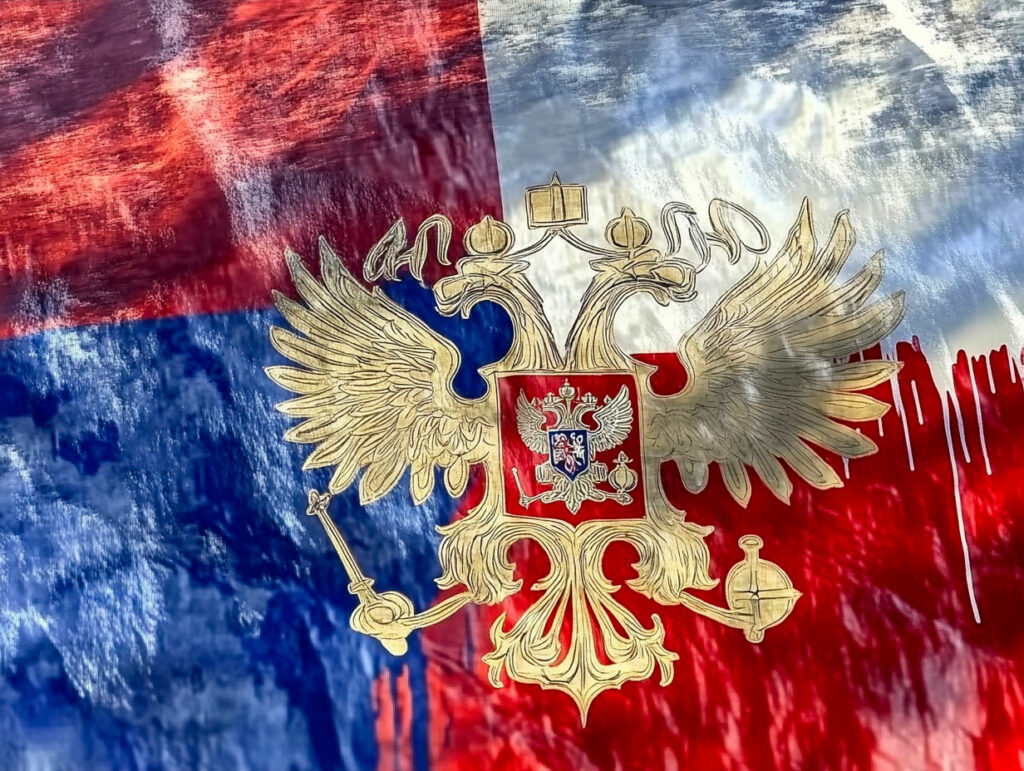
Faced with sanctions on Russia, Serbia cancels Russian arms contracts and explores alternatives in Europe, Israel and China.
Serbia, historically close to Moscow, has cancelled several Russian arms contracts due to sanctions linked to the war in Ukraine. These restrictions are complicating deliveries and prompting Belgrade to diversify its supplies. Agreements have been signed with players such as Israel, France and China, marking a strategic turning point for the country. The aim is to maintain the modernization of its armed forces while moving towards European integration.
The impact of sanctions on Russian contracts
Since the start of the war in Ukraine in 2022, international sanctions against Moscow have disrupted the global arms trade. Serbia, although not a member of the European Union, has been hard hit because of its historical dependence on Russian and Soviet military equipment. General Milan Mojsilović has confirmed that arms deliveries from Russia are currently impossible, leading to the cancellation or postponement of many contracts.
This turnaround is forcing Belgrade to look for alternative solutions. Serbia’s military modernization, a strategic challenge, now requires a diversification of suppliers. At the same time, Serbia is investing in a sustainable system for the maintenance of its existing Russian equipment, guaranteeing its operability despite the sanctions.
By cancelling these contracts, Serbia is also reducing its dependence on Russia, a strategic move for a country aspiring to join the European Union.
Closer ties with Western and Israeli suppliers
The diversification of supply sources has led Serbia to conclude significant agreements with Western and Israeli suppliers. In 2024, Belgrade signed a contract for the purchase of 12 Rafales, French fighter jets renowned for their performance. This contract, valued at almost 2 billion euros, is a concrete example of Serbia’s growing commitment to European industries.
Israel is also a key partner in this strategy. In November 2024, Elbit Systems announced contracts worth 335 million euros to supply PULS artillery systems and Hermes 900 drones to Serbia. These acquisitions reflect Belgrade’s ambition to modernize its military capabilities while establishing strategic links with Israel, whose defense industry is world-renowned.

China’s growing role in Serbia’s armed forces
Alongside its European and Israeli collaborations, Serbia is strengthening its relations with China. The country now uses the FK-3 air defense system, an export version of China’s HQ-22 systems. This equipment offers a range of 150 km, strengthening Serbian air defense.
This cooperation with Beijing is in line with Serbia’s strategic diversification. China is becoming a major player in the armaments market, offering competitive solutions tailored to the budgets of developing or transitional countries like Serbia. The estimated cost of FK-3 systems is around 300 million euros, a more affordable alternative to equivalent Western systems.
Geopolitical consequences of these strategic choices
These developments illustrate a delicate adjustment in Serbian foreign policy. While maintaining military neutrality, Serbia is showing its willingness to move closer to the European Union by adopting policies in line with Western standards.
On the other hand, this transition could increase Russian pressure on Belgrade. Historically, Russia has supported Serbia on sensitive issues such as Kosovo. However, the breaking off of arms contracts could complicate this traditional alliance.
Finally, Serbia’s strategy highlights a shift in the geopolitical balance in Europe, with the increasing militarization of certain countries, linked to international tensions and the war in Ukraine.
Faced with the challenges of international sanctions, Serbia is adapting by reorienting its armaments strategy. By diversifying its partnerships, the country aims to maintain the modernization of its forces while strengthening its relations with the European Union. This strategic transition reflects major economic and political stakes, in a context where geopolitical tensions are reshaping international relations.
War Wings Daily is an independant magazine.